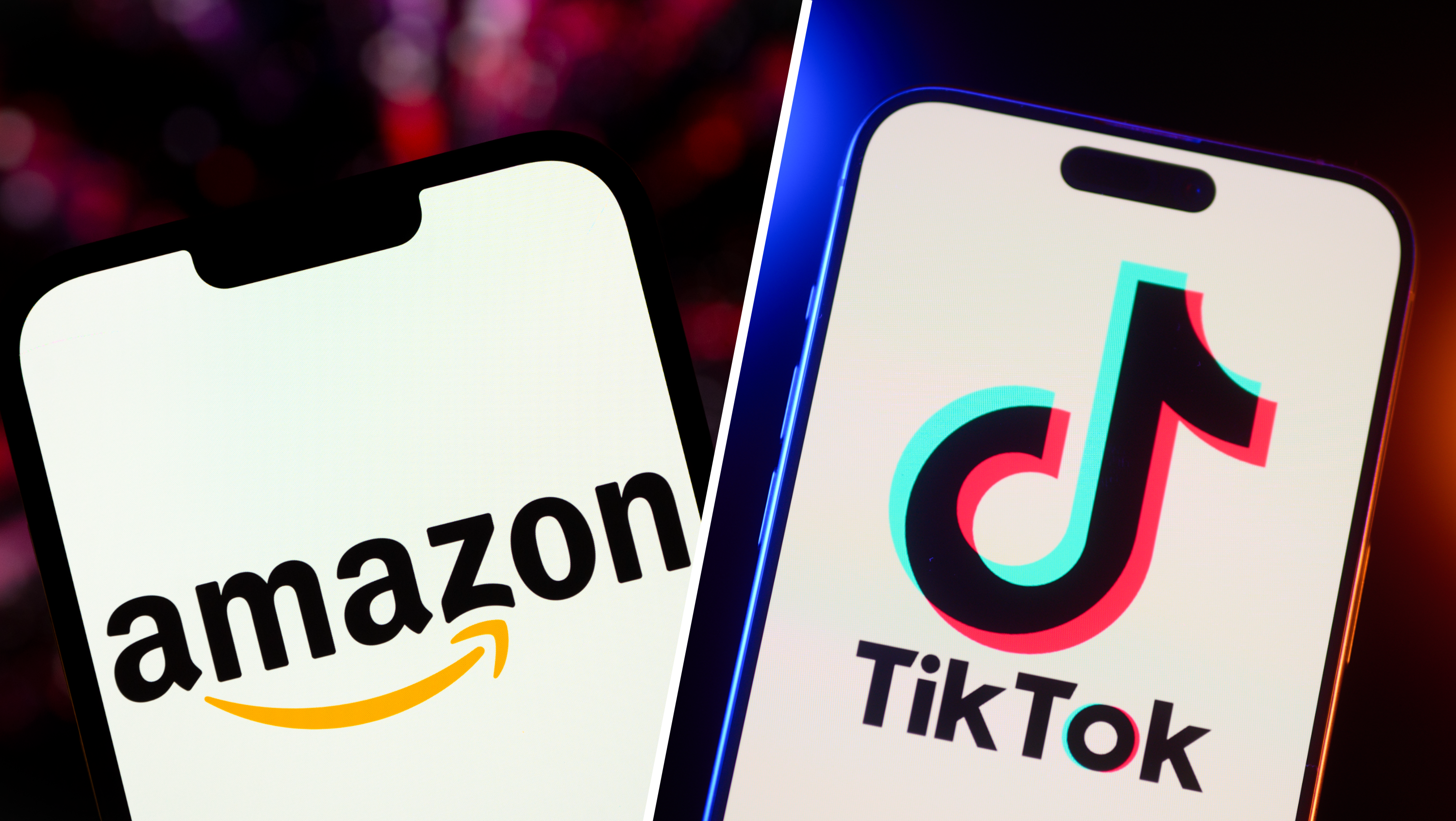The price of staying number 1? If you’re Pfizer, $68 billion.
No. 1 drugmaker said Monday it is buying No. 12 Wyeth for $68 billion. The deal ultimately will wipe out nearly 20,000 jobs but boost Pfizer's revenue and profit and transform it overnight.
New York-based Pfizer will mutate from a maker of blockbuster pills -- including the world's top seller, $13 billion-a-year cholesterol fighter Lipitor, which faces generic competition in November 2011 -- to a one-stop shop for vaccines, biotech drugs, traditional pills and nonprescription products for both people and animals.
Pfizer plans to cut about 8,000 jobs -- 10 percent of its workforce, as part of what it expects will be a staff reduction totaling 15 percent of the combined companies' workers. That implies a total job loss of almost 20,000.
The cash-and-stock deal is one of the industry's biggest ever and is expected to close late in the third quarter or in the fourth quarter.
The deal comes as Pfizer's 2007 fourth-quarter profit takes a brutal hit from a $2.3 billion legal settlement over allegations it marketed pain reliever Bextra and possibly other products for indications that had not been approved.
"In one single transaction, the combination with Wyeth advances every single one of (our) strategies," Pfizer Chief Executive Jeff Kindler told reporters during a news conference.
What Pfizer hopes to do
- Increases sales in emerging markets
- Enhance the ability to treat specific diseases, such as Alzheimer's
- Become a top player in vaccines and biologic drugs, which are made from living cells.
The deal
- Pfizer will pay $50.19 per share for Madison, N.J.-based Wyeth, a 14.7 percent premium to the company's closing price of $43.74 Friday.
- In early afternoon trading, Pfizer shares were down $1.62, or 9.3 percent, at $15.83 -- a drop not unusual for an acquirer. Wyeth shares were up 24 cents at $43.99.
The Impact
- First quarter through 2011: Pfizer will cut 10 percent of its current workforce of 81,900.
- Pfizer will eliminate five of its 46 manufacturing sites.
- The company expects eventually to cut the companies' combined workforce, now 129,000 people, by 15 percent.
- Pfizer cuts, announced Monday, will hit most departments, from administration and sales to manufacturing and research.
- Pfizer has not identified which plants it will close.
- Wyeth said there's been no decision on job cuts among its staff due to the acquisition.
- The deal is being financed by five banks: Bank of America Merrill Lynch, Barclays, Citigroup, Goldman Sachs and J.P. Morgan Chase.
- The tie-up will bring about $4 billion in cost savings by the end of 2012 and should add to Pfizer's earnings per share in the second full year after closing.
What’s Next
- Both companies' boards of directors approved the deal but Wyeth shareholders must do so. It was unclear whether Wyeth management will remain in the combined company.
- The deal is likely to be reviewed by the Federal Trade Commission, which splits antitrust oversight with the Justice Department and typically handles pharmaceutical acquisitions. FTC spokesman Mitch Katz said the agency doesn't comment on pending transactions.
Acquiring Wyeth helps Pfizer diversify and become less-dependent on individual drugs -- Lipitor now provides about one-fourth of all Pfizer revenue -- while adding Wyeth's strengths in developing and manufacturing vaccines and biologic drugs. Wyeth co-markets with Amgen Inc. the world's No. 1 biotech drug, Enbrel, and makes the world's top-selling vaccine, Prevnar, for pneumococcal bacteria that can cause painful ear infections and life-threatening meningitis and blood infections.
Business
Together, the two companies will have 17 products with annual sales of $1 billion or more, including Prevnar, Effexor, Detrol, Lyrica for fibromyalgia and nerve pain, and blood pressure drug Norvasc.



